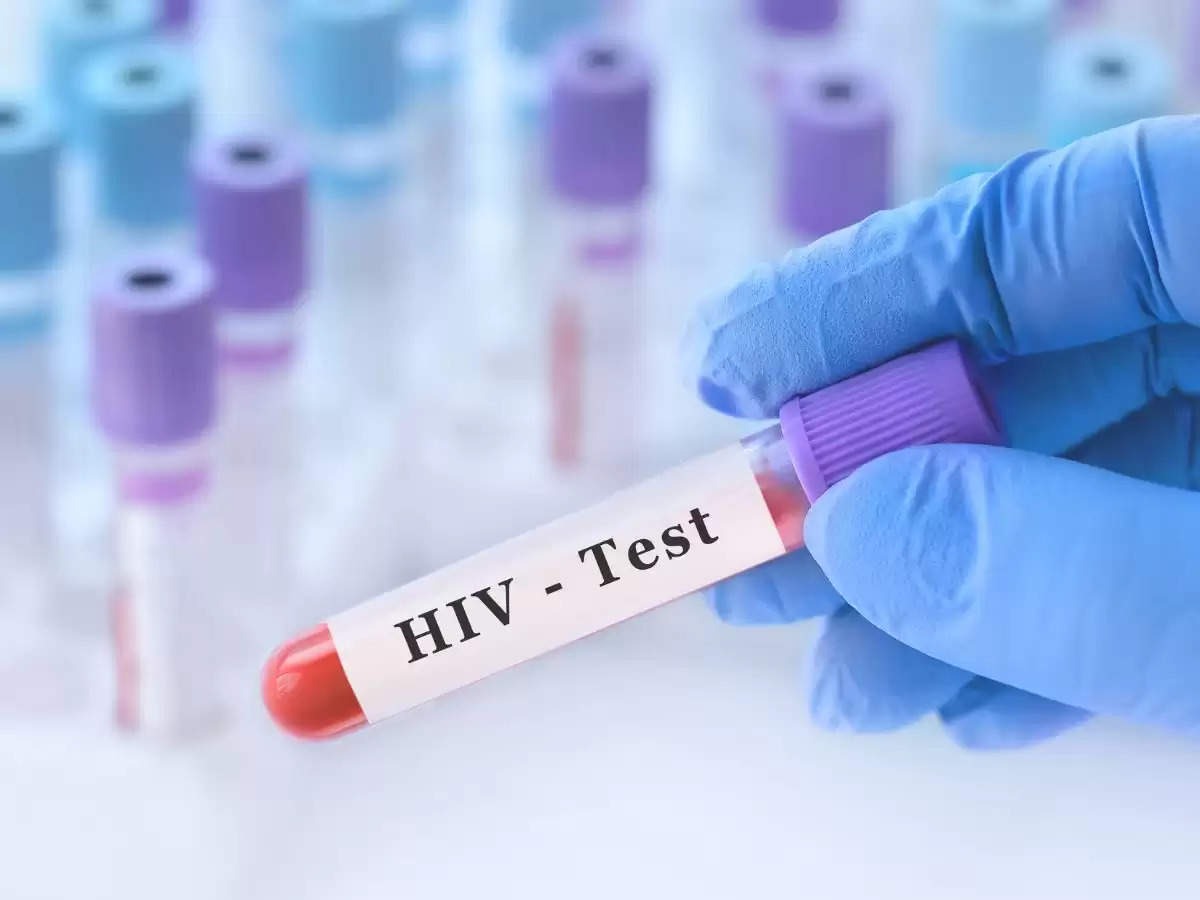
A disturbing news has come from the Indian state of Tripura. According to a report released on HIV, so far 828 students have been found HIV positive in Tripura, while 47 students have died.
A disturbing news has come from the Indian state of Tripura. According to a report released on HIV, so far 828 students in Tripura have been found HIV positive, while 47 students have died due to this dangerous disease. According to a senior official of the Tripura State AIDS Control Society (TSACS), “So far we have found 828 students HIV positive. Out of these, 572 students are still alive and we have lost 47 people due to this deadly disease. Many students have gone out of Tripura to study in prestigious institutions across the country for higher education.”
The Tripura AIDS Control Society has identified 220 schools and 24 colleges and universities where students have been found to be injecting drugs. “So far, 220 schools and 24 colleges and universities have been identified where students are addicted to intravenous drug injection. We have collected data from a total of 164 health facilities across the state. Reports have been collected from almost all blocks and sub-divisions before making this presentation,” TSACS Joint Director told ANI.
The joint director further said that in most cases these children come from rich families who have been found HIV positive. There are also families where both the parents are in government jobs and do not hesitate to fulfill the demands of the children. By the time they realize that their children have fallen prey to drugs, it is too late.
Main cause of infection: needle sharing
HIV/AIDS is a significant global health problem closely linked to intravenous injection drug abuse. Needle sharing among drug users is a primary route of HIV transmission, allowing the virus to spread through blood-to-blood contact. In many regions, this behavior accounts for a large portion of new HIV infections. Contributing factors include dangerous injection practices, limited access to sterile needles, and marginalization of drug users. Sharing needles, syringes, or other injection equipment increases the risk of HIV transmission several fold, as the virus can survive in residual blood outside the body.
What is the solution to stop this?
Efforts to tackle this issue include harm reduction strategies, such as needle exchange programs, which provide sterile equipment to drug users to reduce the risk of infection. These programs also provide referrals for counseling, testing, and addiction treatment services, which aim to prevent HIV transmission and address drug use disorders.
 look news india
look news india